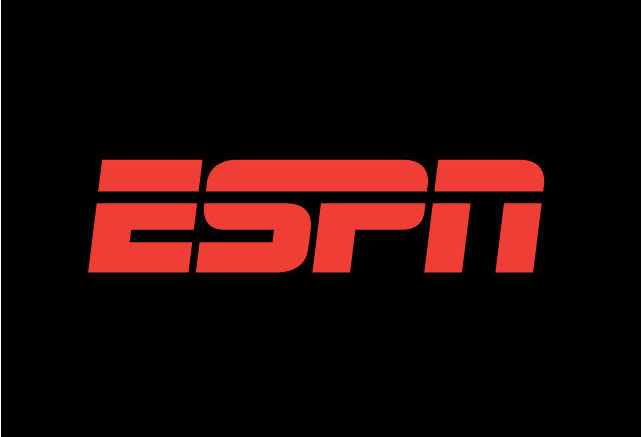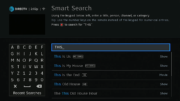DIRECTV subscribers may lose 26 channels tonight and the real culprit might be… Disney? Of course that doesn’t seem to make a lot of sense but it’s one way of looking at the problem.
Disney is the parent company of ESPN, the most-watched cable network in the history of history. They are a big dog, all right, and they tend to dictate prices. This report from Bloomberg BusinessWeekclaims that in 2010, cable and satellite companies paid Disney $4.69 per month for just the ESPN network, and that in fact the carriage fees for ESPN and ESPN2 alone make up 20% of the average subscriber’s bill.
That’s a huge chunk of change and it hits hard for people who either don’t like sports or who like it enough to buy other subscriptions, like DIRECTV’s NFL Sunday Ticket. Whether you’re uninterested in sports or you’re a complete fanatic, it’s hard to fathom that almost one quarter of your bill goes to two channels.
While Disney has been successful in marketing its ESPN channels, other providers like AMC Networks and Viacom have been far less successful. Instead of supporting their networks with advertising, these and other content providers have sought redistribution deals with Netflix, hulu and others, and when the contracts come due, they ask for more money from cable and satellite companies.
Look at it this way: If you’re the CEO of Viacom and you hold some beloved programming in your pocket like Spongebob, Snooki, Dora and Dick van Dyke… you’ve got to be pretty torqued that you’re charging twenty cents per channel when ESPN gets four bucks. Naturally you just want your fair share. But look at the numbers: 16 of the most watched cable programs ever come from ESPN. ESPN creates programming that people watch now as opposed to the programs they remember watching when they were kids.
Of course the other side of that is that such unbridled greed is not without consequences. In the 1990s, when NBC was on top, it routinely granted million-dollar-per-episode contracts to its Thursday night stars. That huge outpouring of cash took away from its development budgets and now, almost twenty years later, NBC is facing the longest slump in its history.
Similarly, ESPN’s greed might bring down the entire multichannel industry. As average cable and satellite bills continue double-digit increases, more people will be tempted to move to cheaper alternatives, killing both the content providers and the cable/satellite operators.
This is a war that cannot be won until both sides realize that escalation is not an option.





